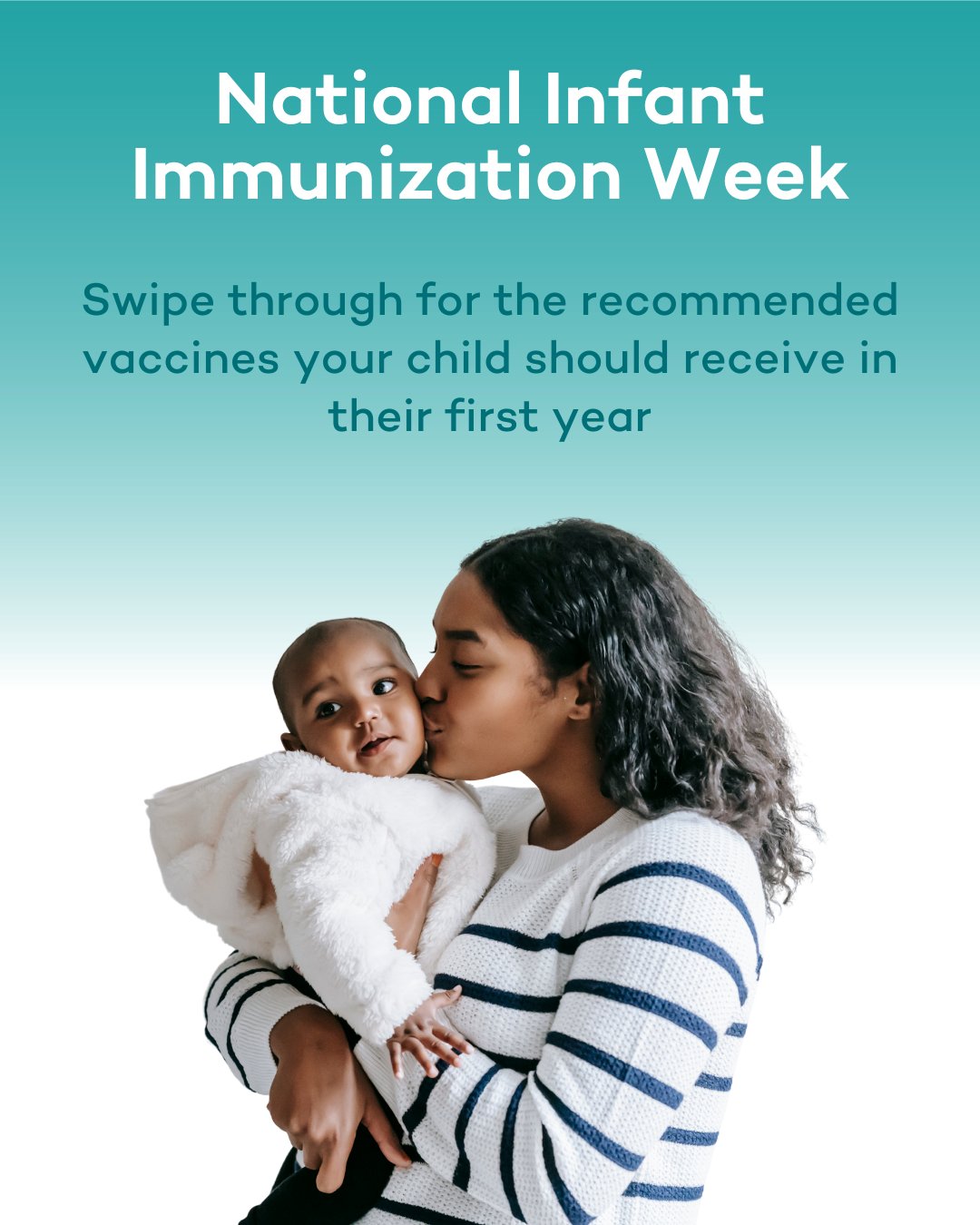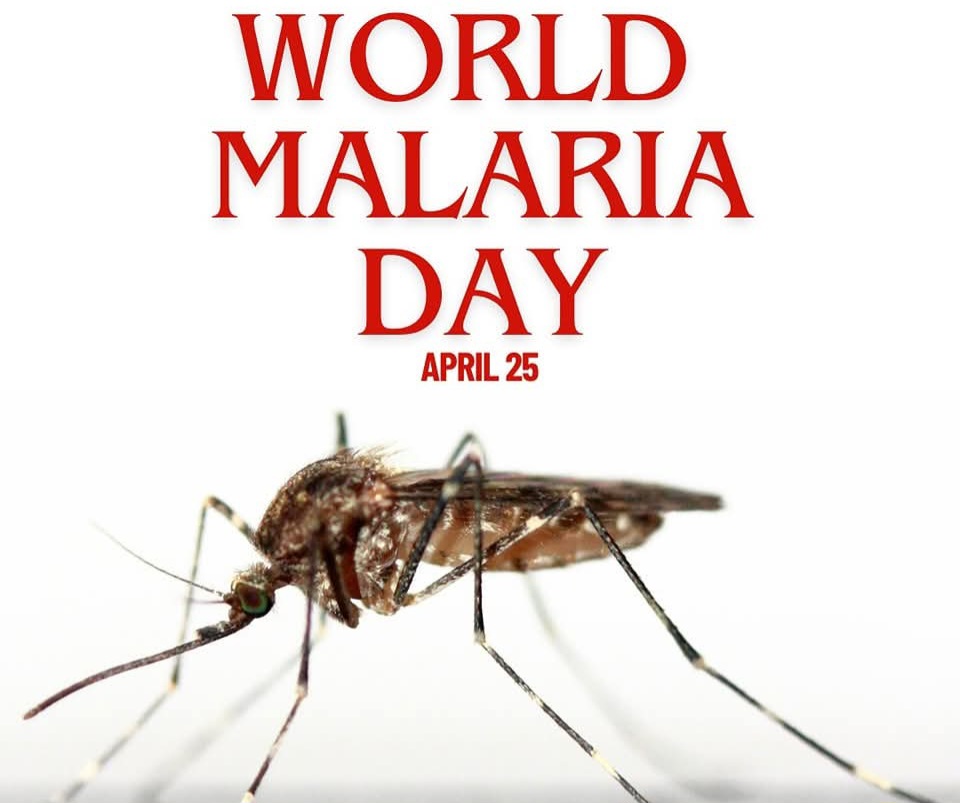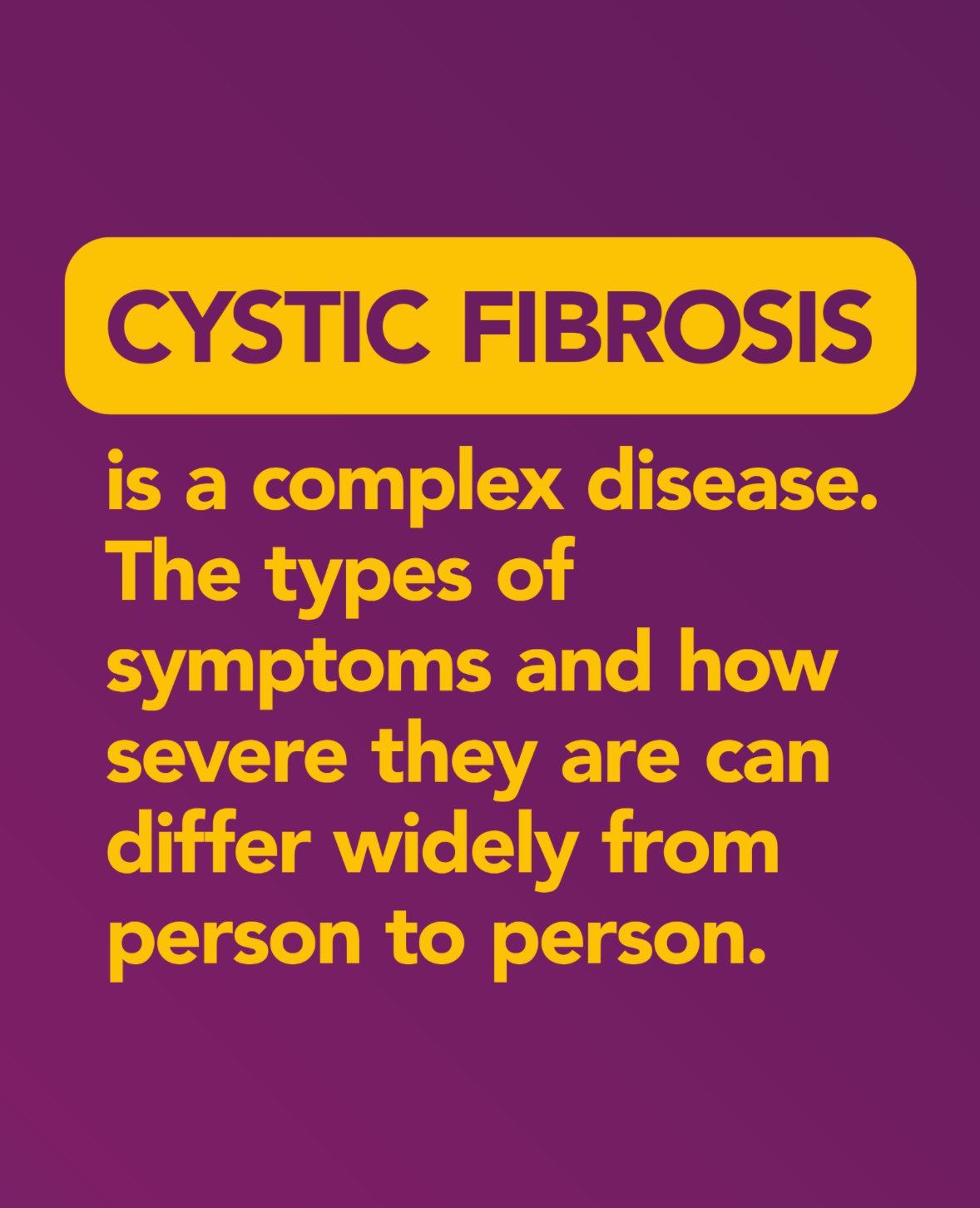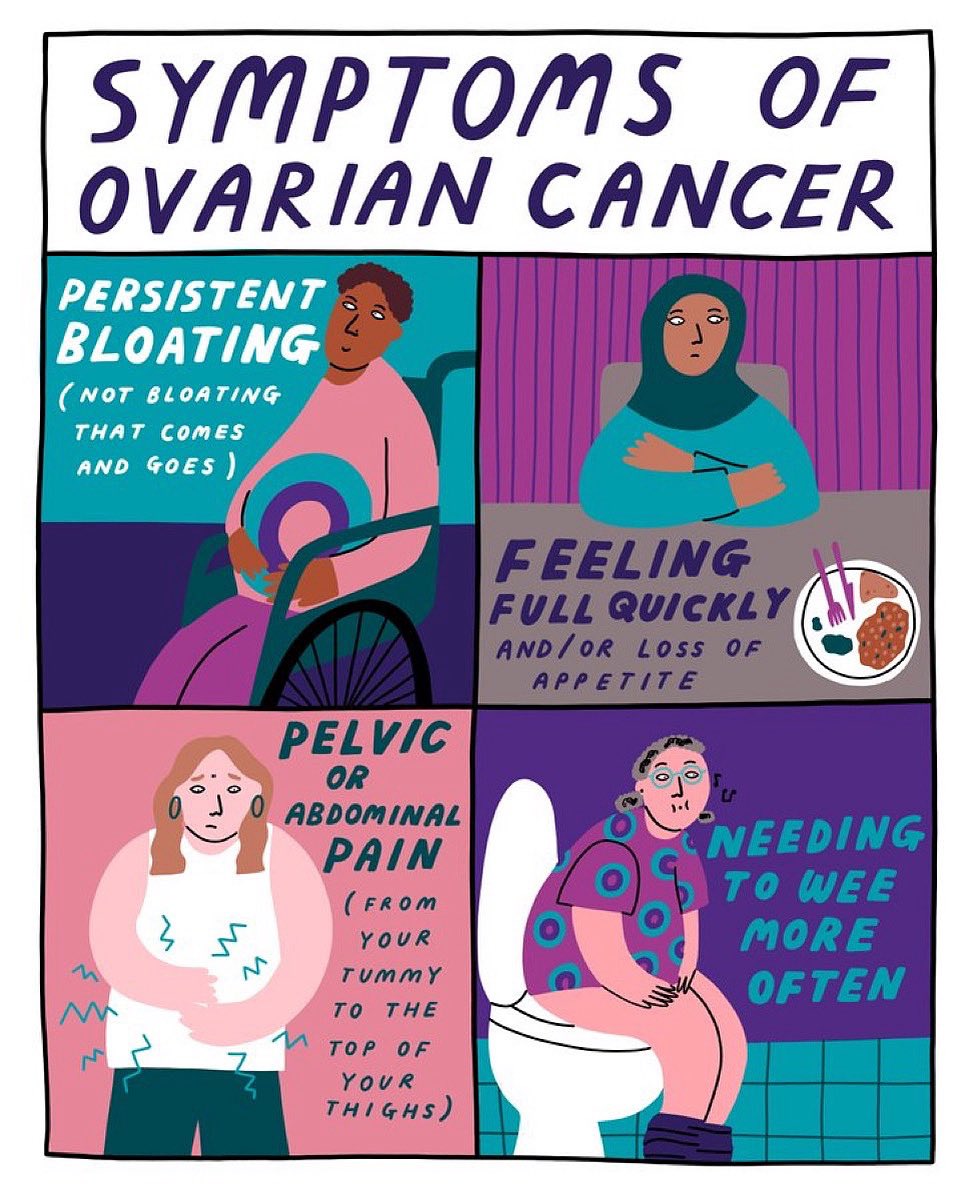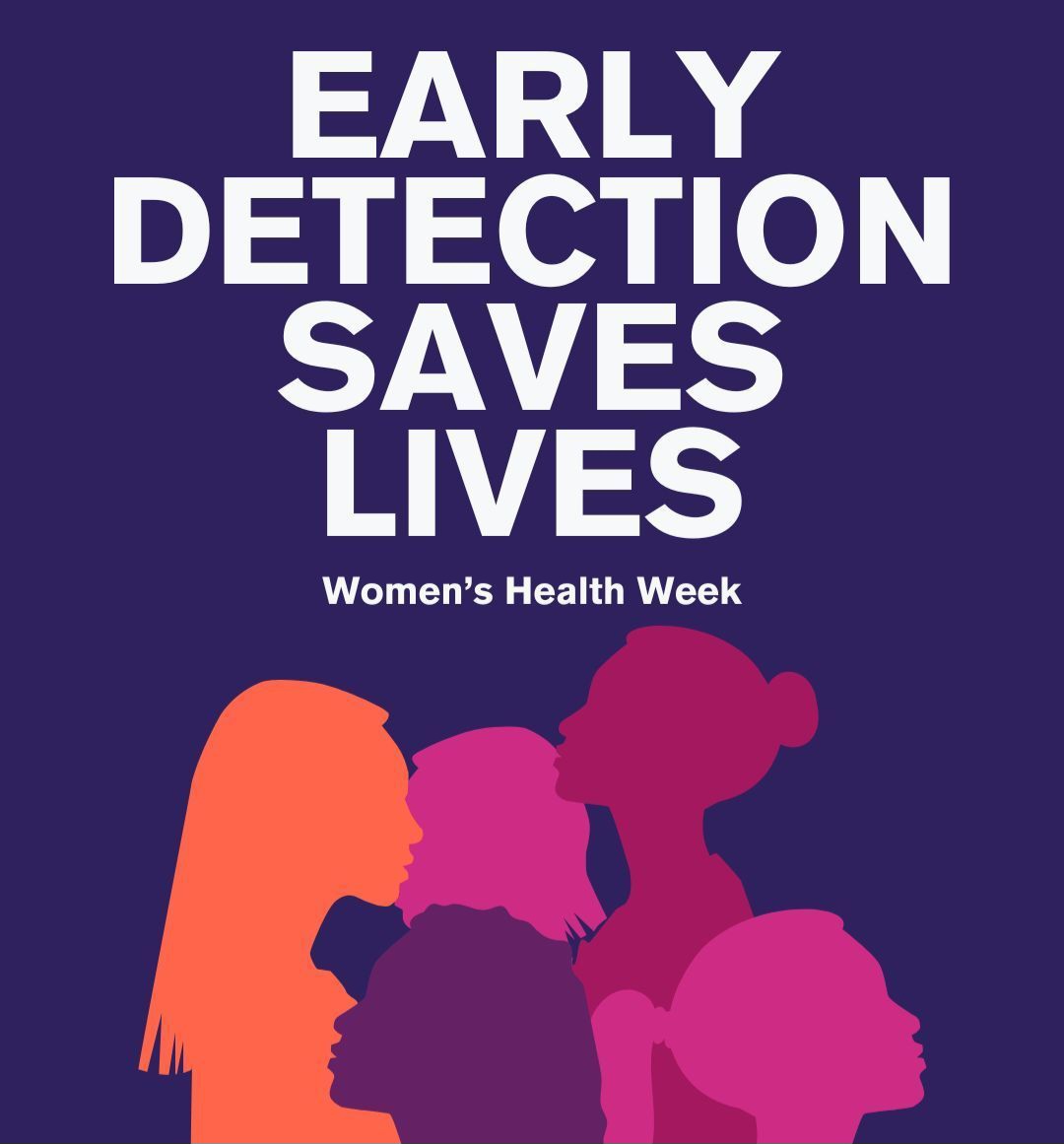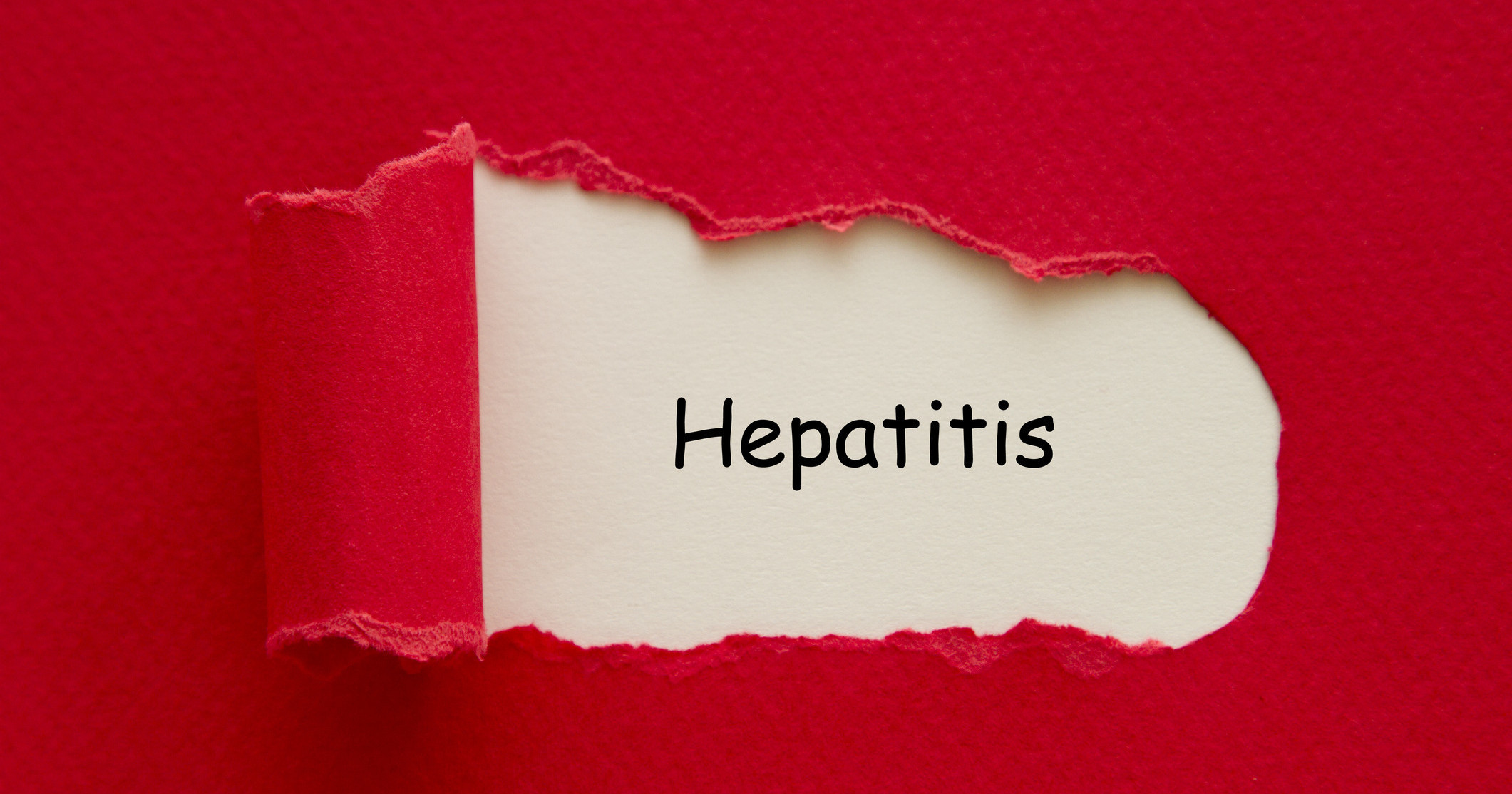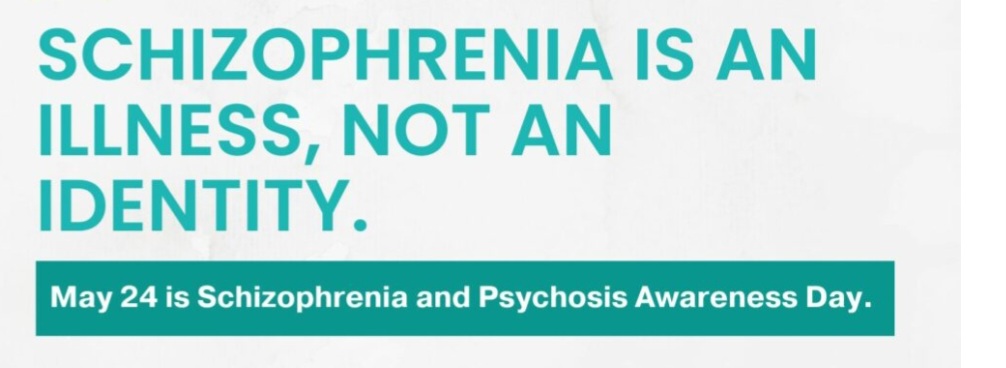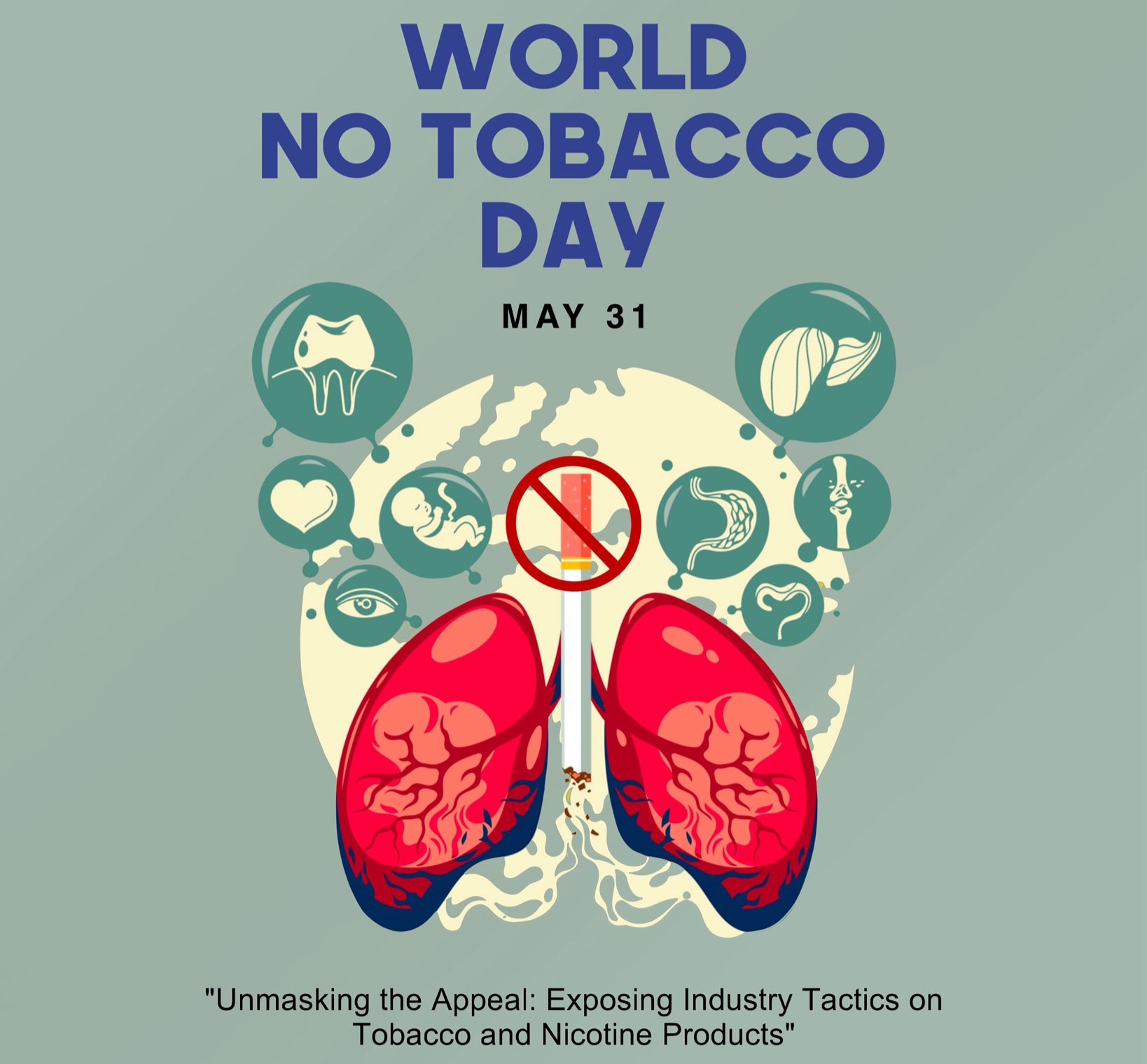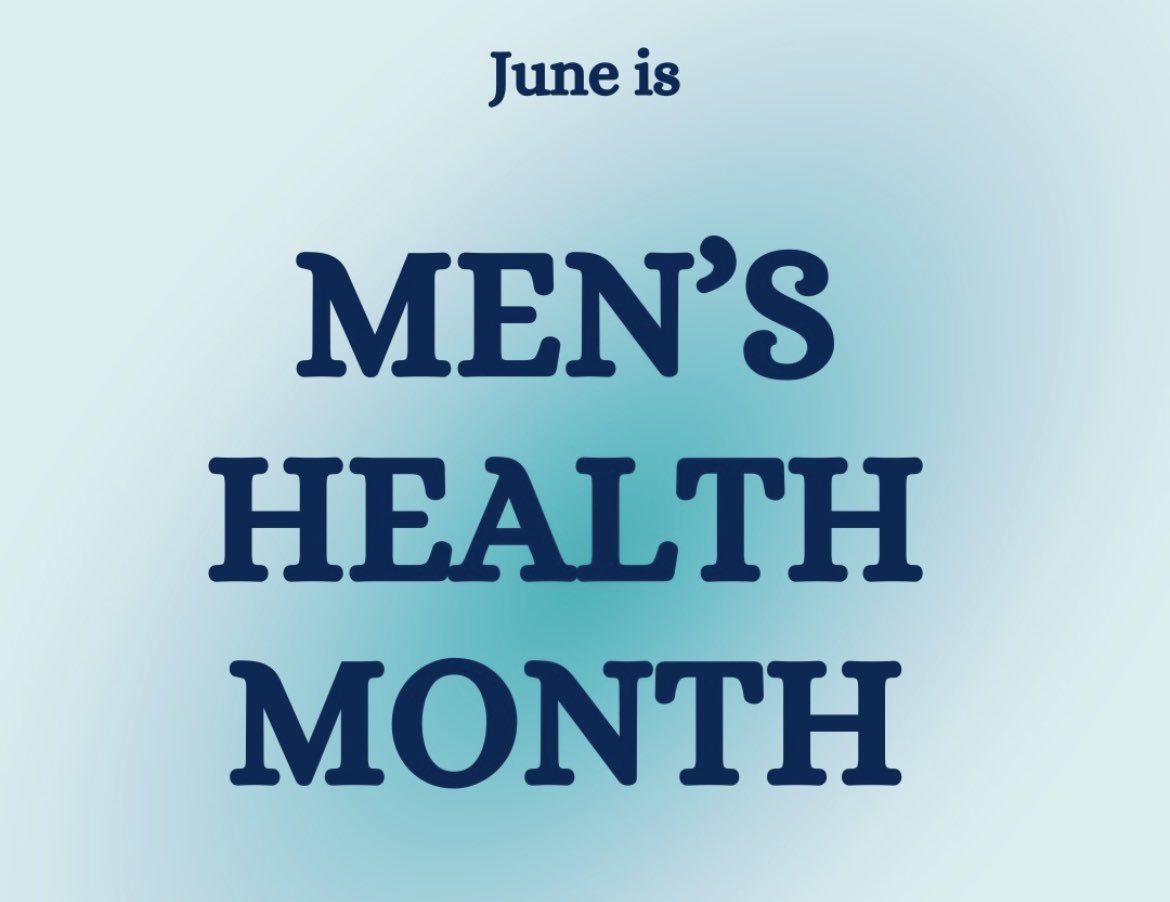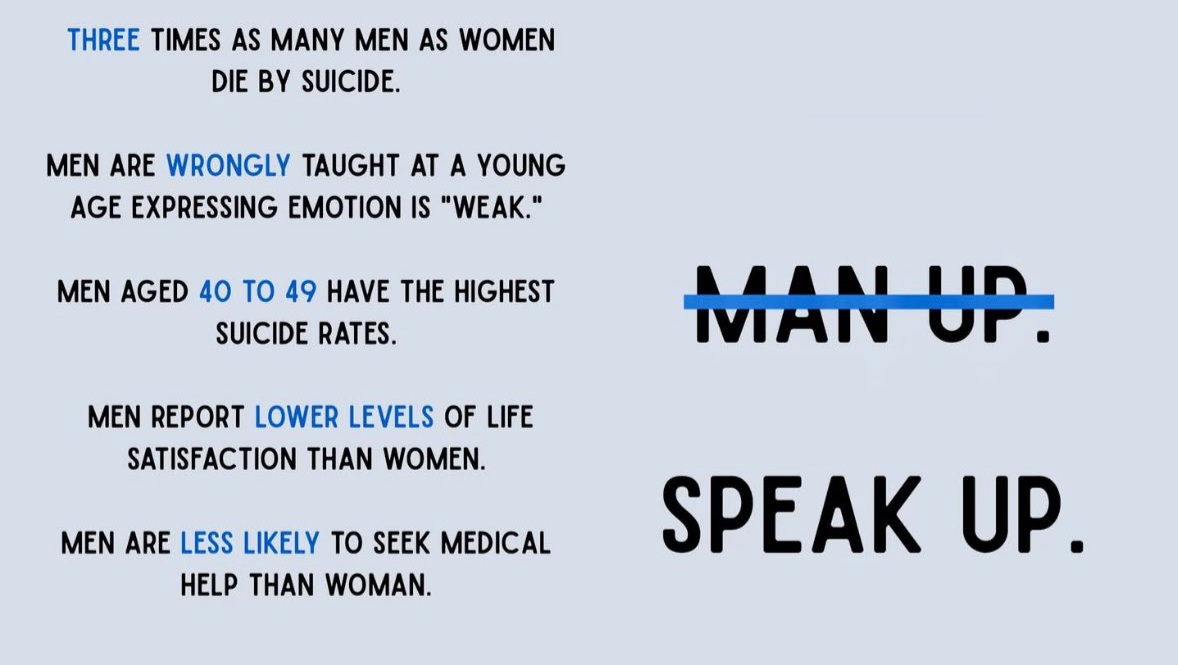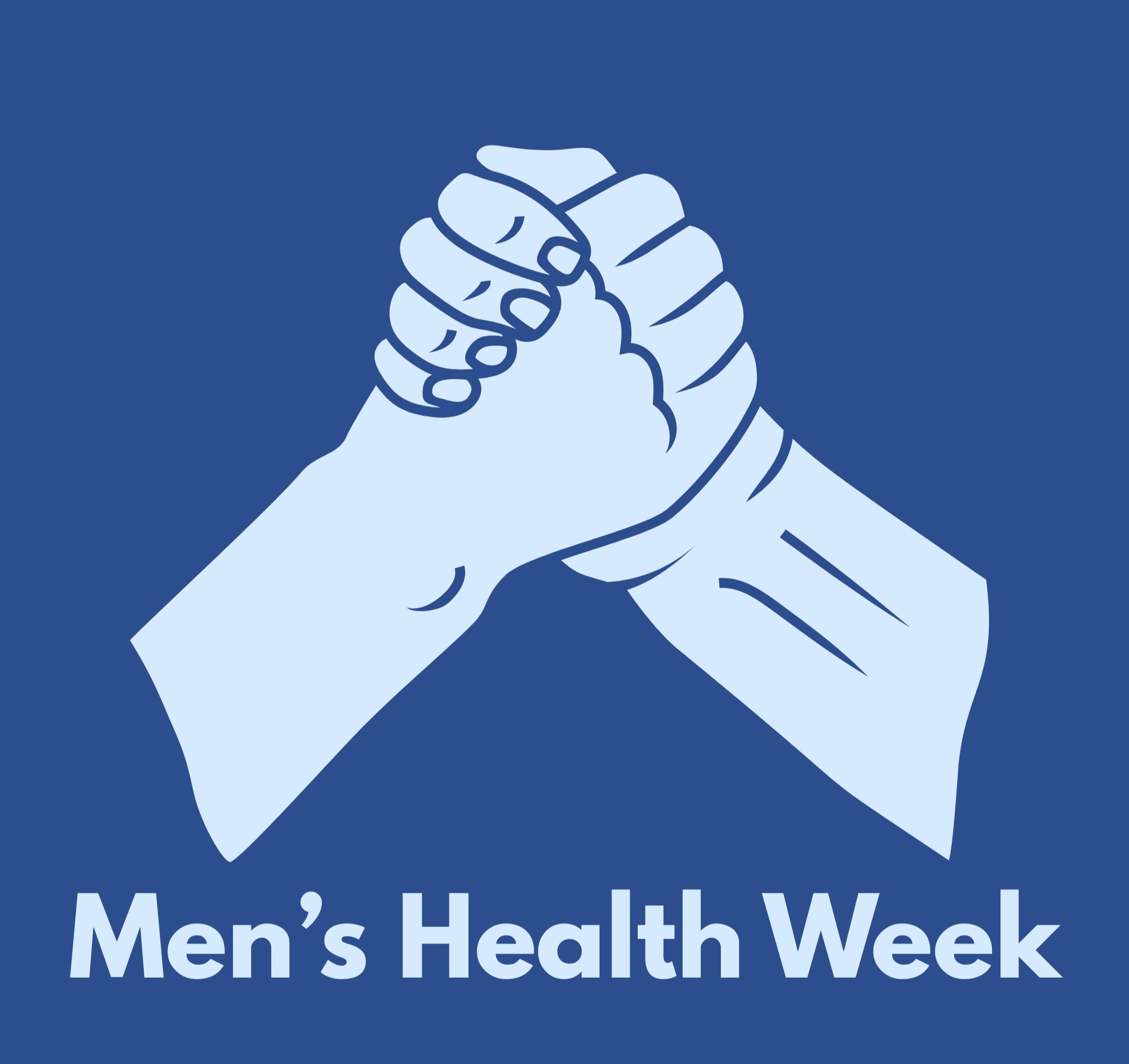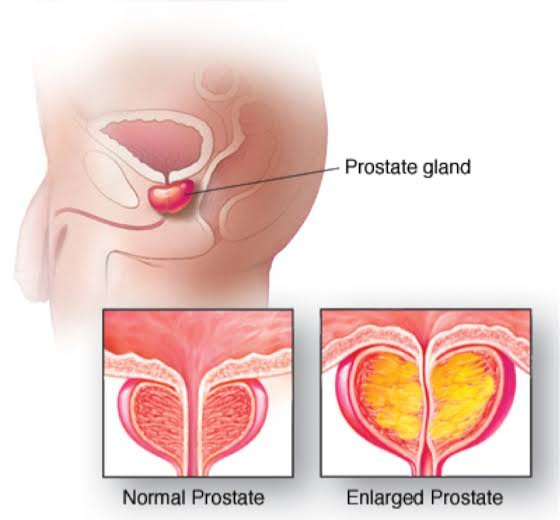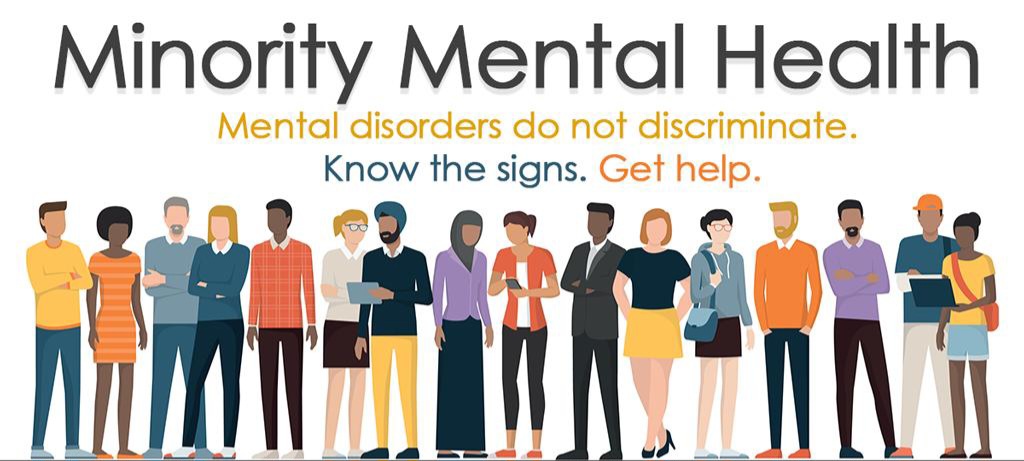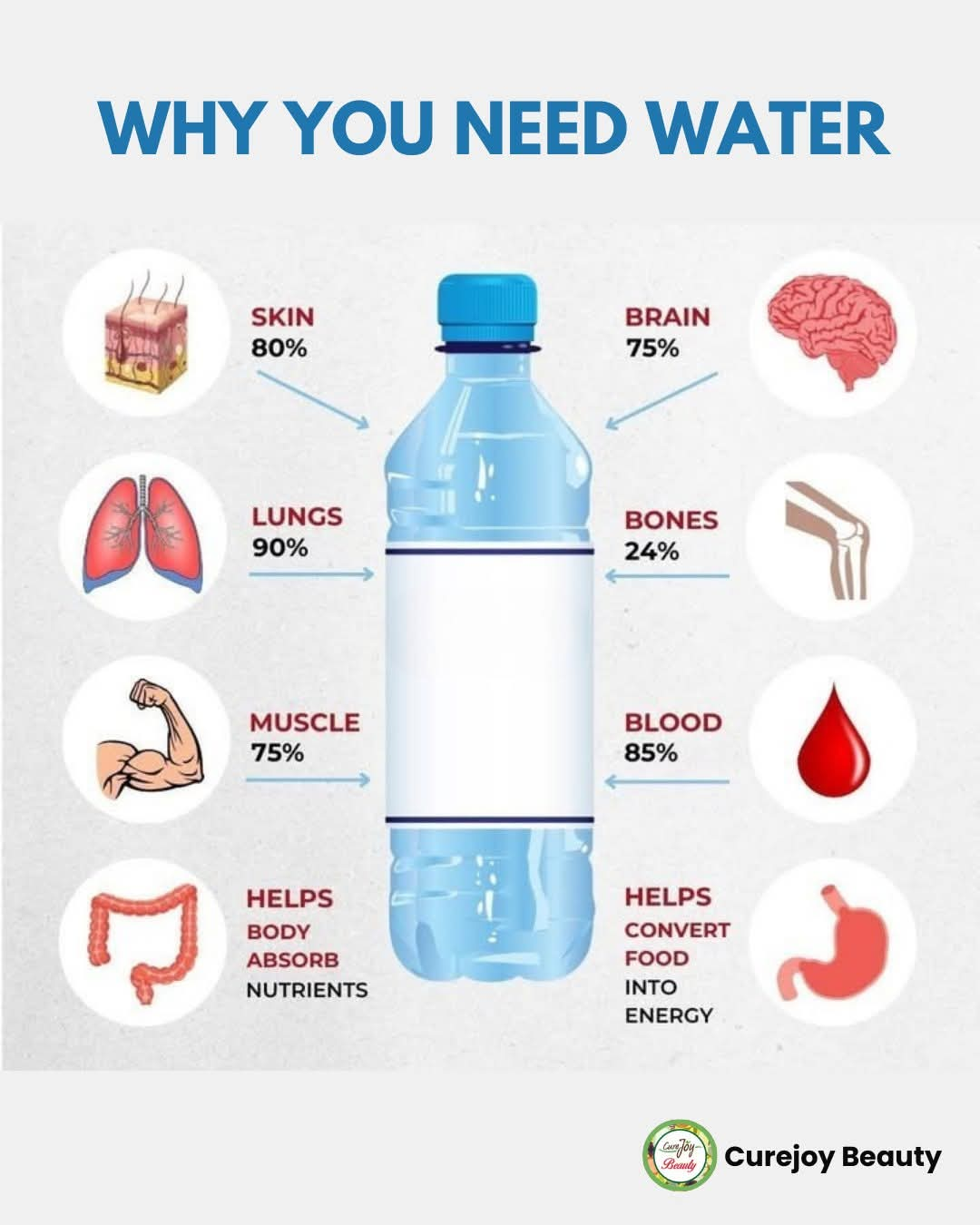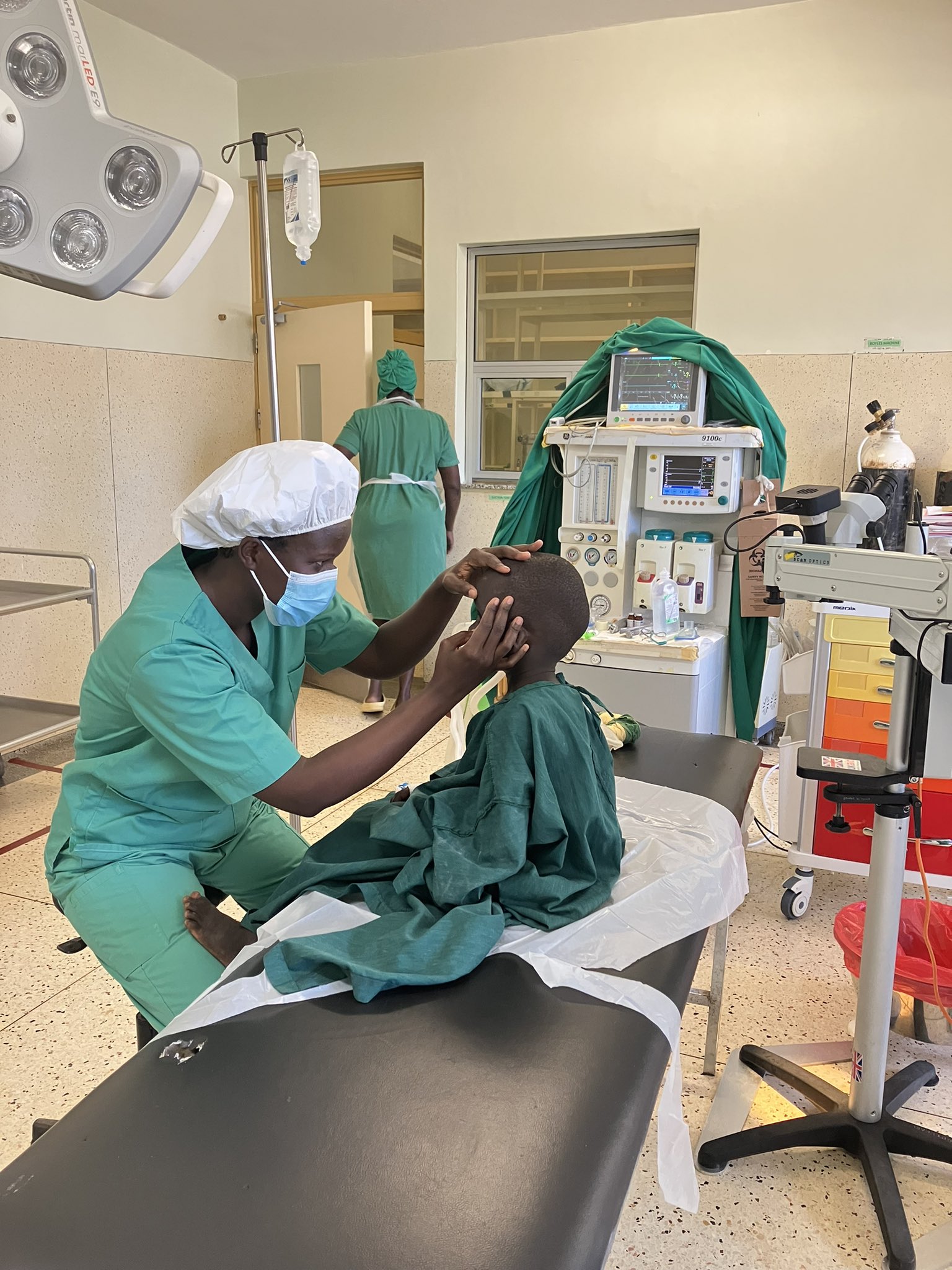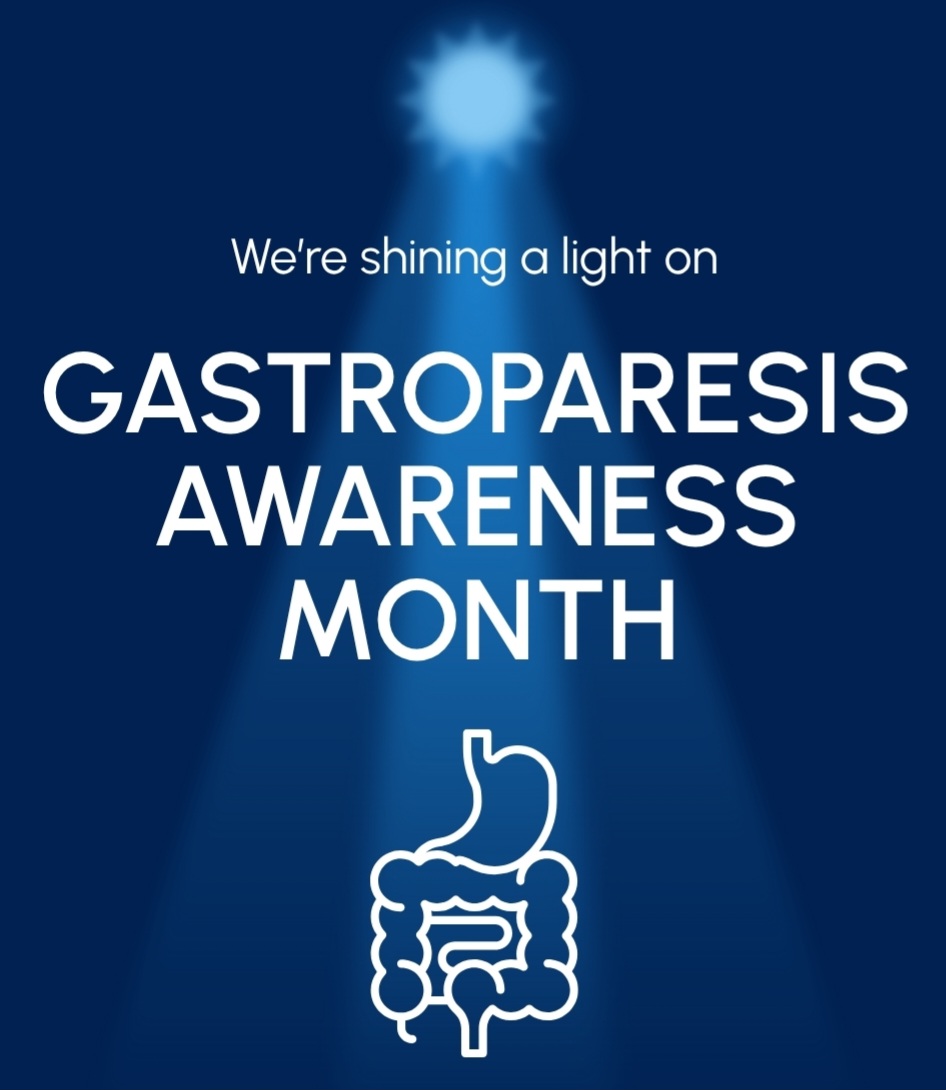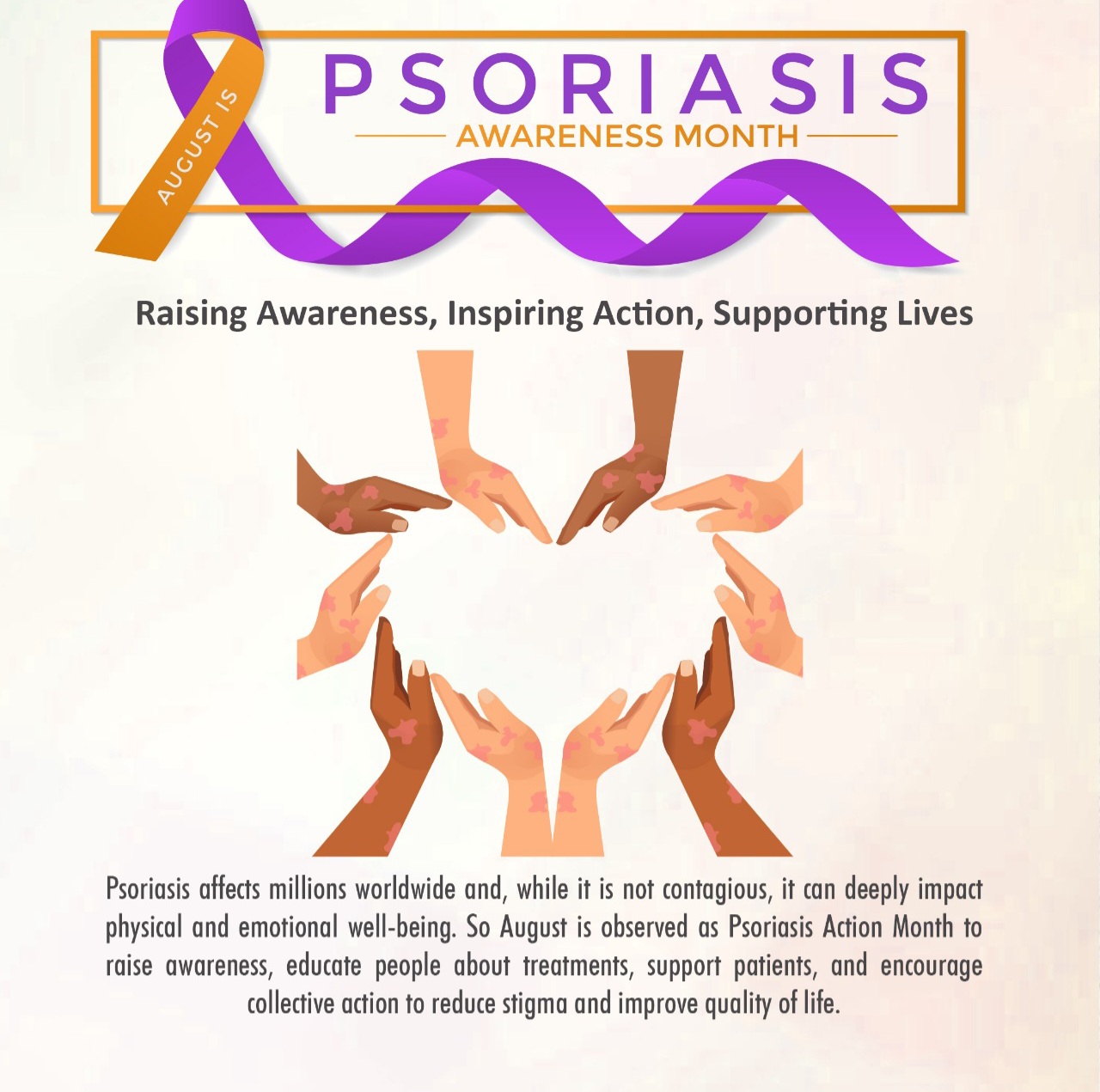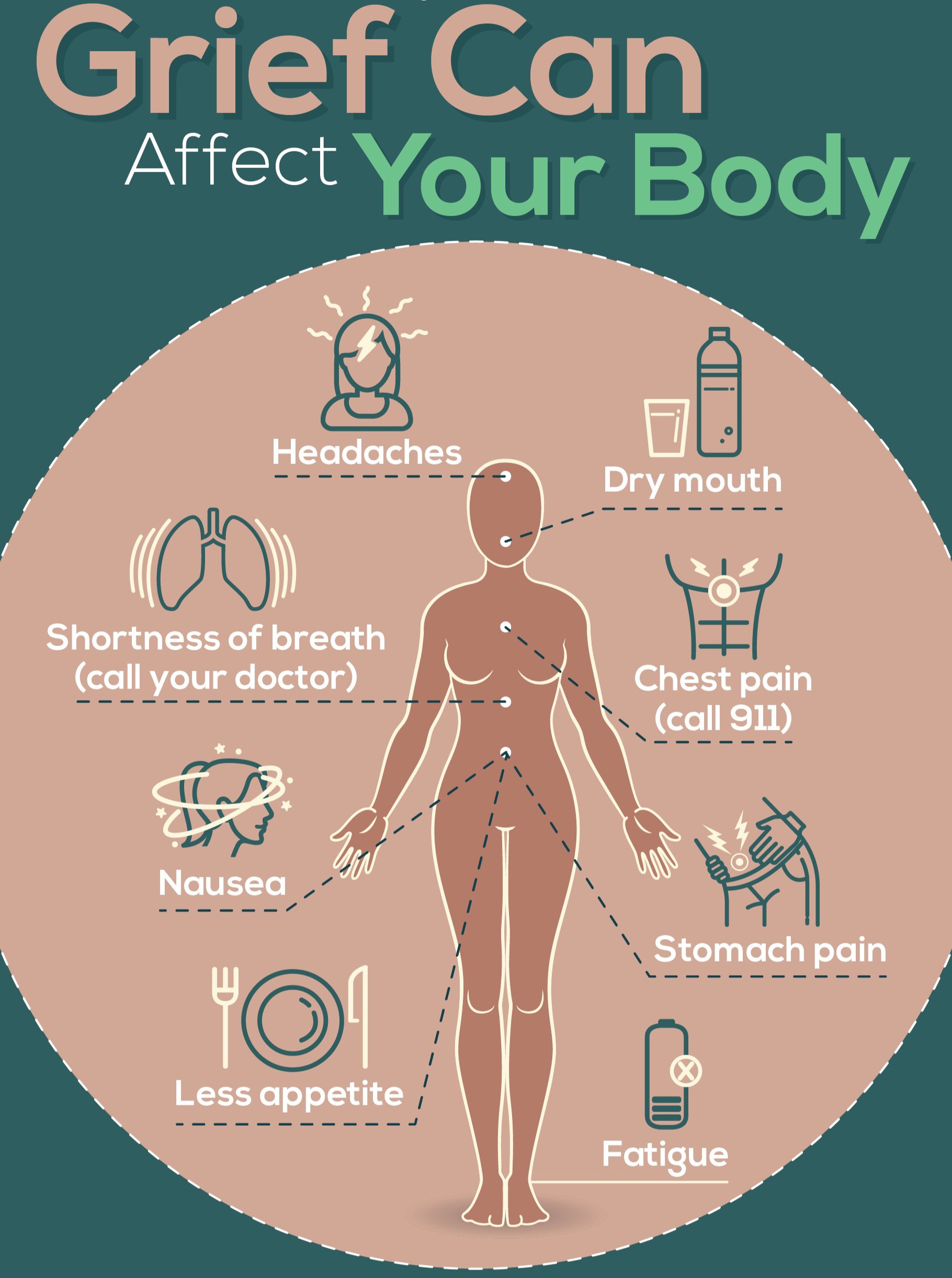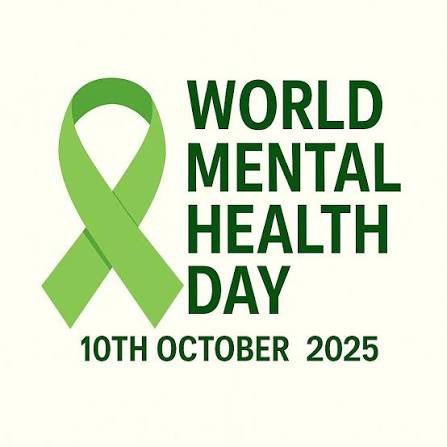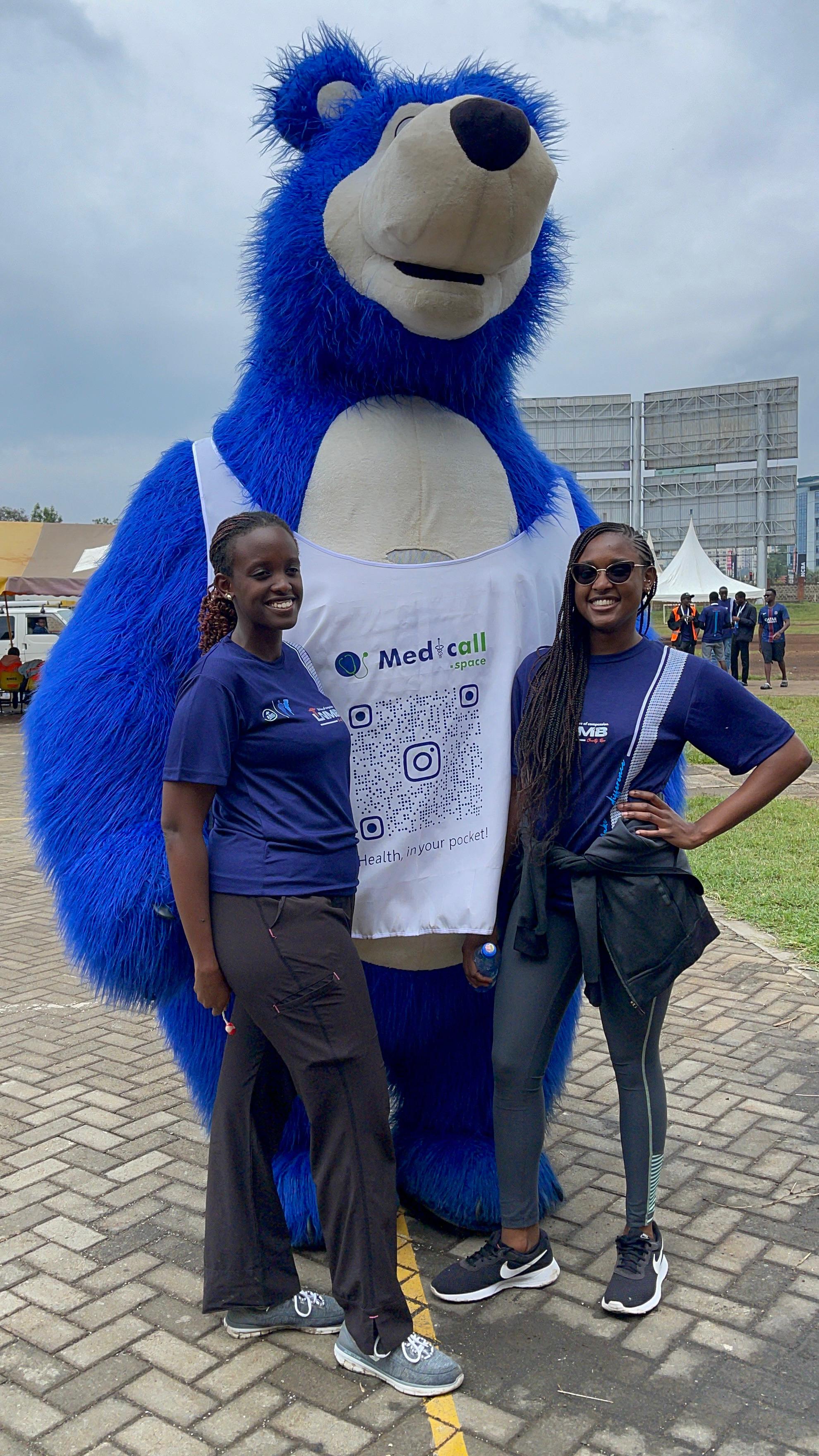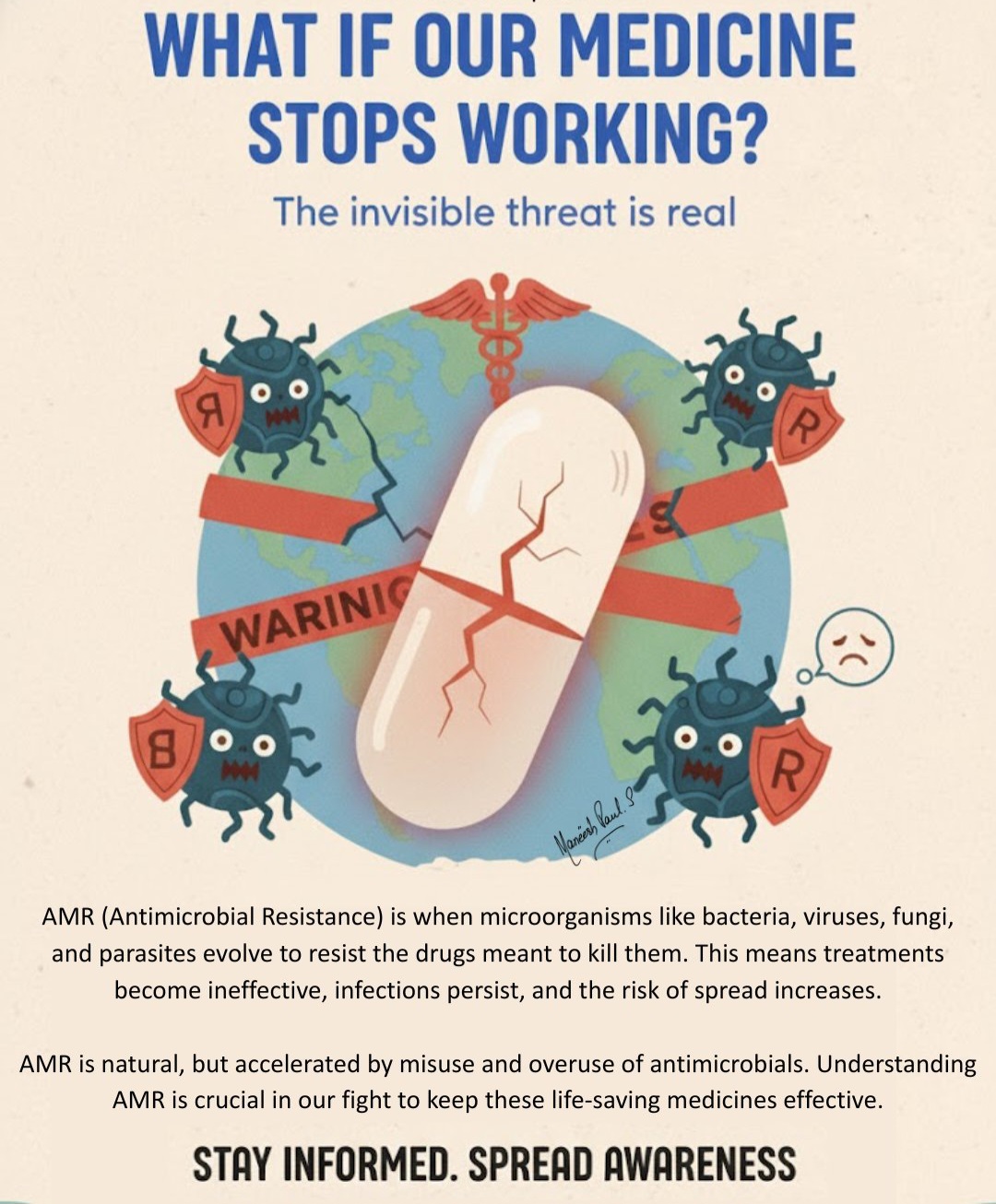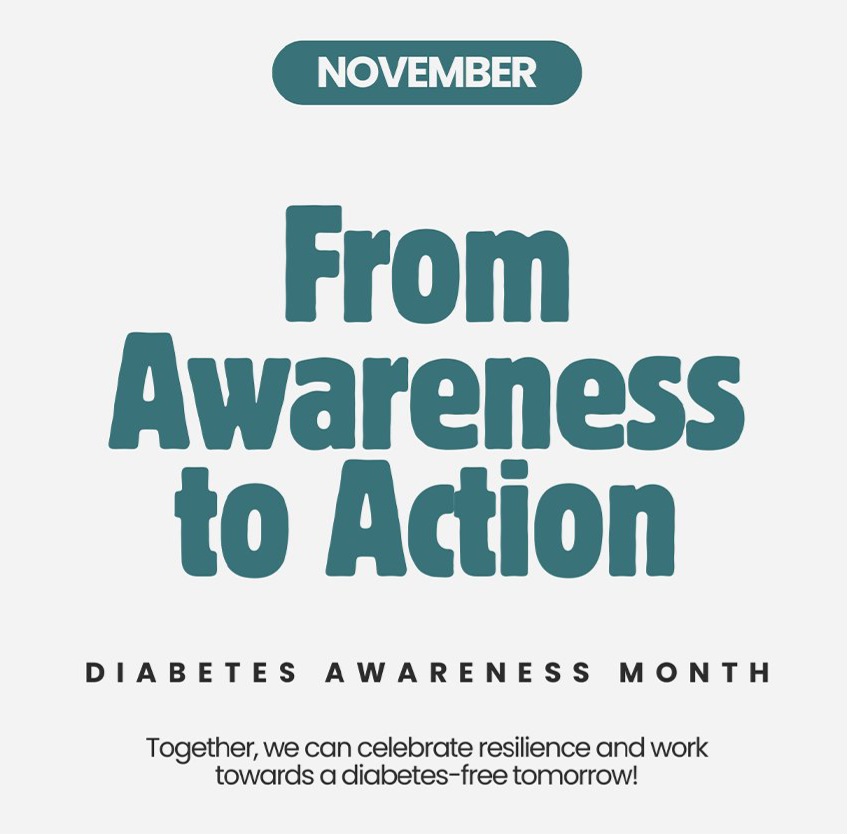Every baby deserves a healthy start in life—and one of the most powerful tools we have to protect them is immunization. From the moment a child is born, vaccines begin building strong defenses against diseases like measles, polio, tuberculosis, and pneumonia—saving lives and preventing long-term health complications. By following the recommended immunization schedule, you give your child the best start toward a healthy life.
Below is a simplified checklist of the most essential vaccines your baby needs during their infancy stage.
At Birth
BCG (Bacille Calmette-Guérin) – Prevents severe tuberculosis.
Oral Polio Vaccine 0 (OPV 0) – First dose to protect against poliovirus.
Hepatitis B (HepB 1) – Protects against hepatitis B (recommended within 24 hours).
2. At 6 Weeks (1½ months)
Pentavalent 1 (DTP-HepB-Hib) – Protects against diphtheria, tetanus, pertussis, hepatitis B, and Haemophilus influenzae type B.
OPV 1 – First full dose against poliovirus.
PCV 1 (Pneumococcal Conjugate Vaccine) – Prevents pneumonia and meningitis caused by pneumococcus.
Rotavirus 1 – Protects against severe diarrheal disease from rotavirus.
3. At 10 Weeks (2½ months)
Pentavalent 2
OPV 2
PCV 2
Rotavirus 2
4. At 14 Weeks (3½ months)
Pentavalent 3
OPV 3
PCV 3
IPV (Inactivated Polio Vaccine) – Boosts protection against polio.
5. At 6 Months
Vitamin A Supplement (1st dose) – Supports vision and immune health. (Note: In some countries like Kenya, additional HepB or influenza vaccines may be considered based on risk factors.)
6. At 9 Months
Measles-Rubella (MR 1) – Prevents measles and rubella infections.
Yellow Fever Vaccine – In areas where yellow fever is endemic (e.g., Kenya).
Vitamin A Supplement (2nd dose)
7. At 18 Months
-
Measles-Rubella Vaccine (MR-2)
-
Booster dose (DPT, Polio in some countries)
NOTE: Always stick to the immunization guideline from the local health authorities. Stay informed on any additional vaccines that may be necessary due to periodic outbreaks.
Essential Tips for Parents/Caregivers
- Start on Time and Stay on Schedule
According to WHO and CDC, infants should receive their first vaccines at birth and continue with scheduled doses at 6, 10, and 14 weeks, then at 9 and 18 months. Delays can leave your baby vulnerable to preventable diseases like measles, polio, and whooping cough.
2. Keep a Personal Vaccination Record
Maintain a dedicated health booklet or app to track all immunizations.
3. Comfort Your Baby Before and After Shots
Breastfeeding and soothing during or after vaccination can calm infants and reduce discomfort.
4. Watch for Mild Reactions
It's common for babies to experience mild fever, fussiness, or swelling at the injection site. These are signs the body is building immunity. Use paracetamol only if advised by your doctor—never give aspirin to infants.
5. Ask Questions—Openly communicate
Talk to your healthcare provider about each vaccine: what it protects against, side effects, and what to expect. Also openly talk about vaccine safety to avoid misinformation or hesistancy.
6. Don’t Delay During Illness (Unless Advised)
Mild illness like a cold is usually not a reason to skip vaccines. Only delay if your child has a high fever or serious illness—and always on your doctor’s advice.
7. Stay Updated on New Recommendations
Some vaccines vary by country. Stay in touch with your healthcare provider or local immunization schedule updates, especially if you travel or relocate.
